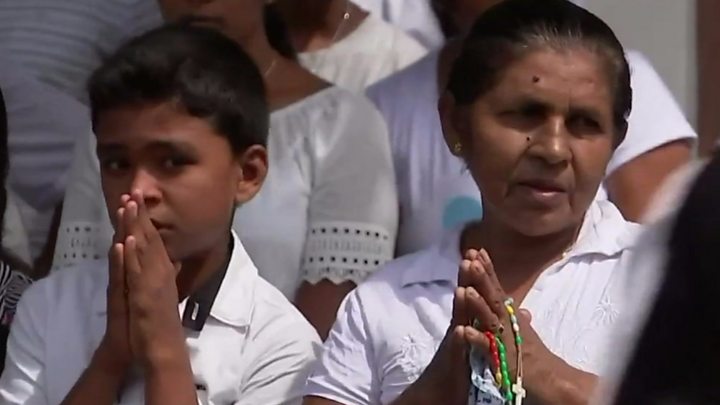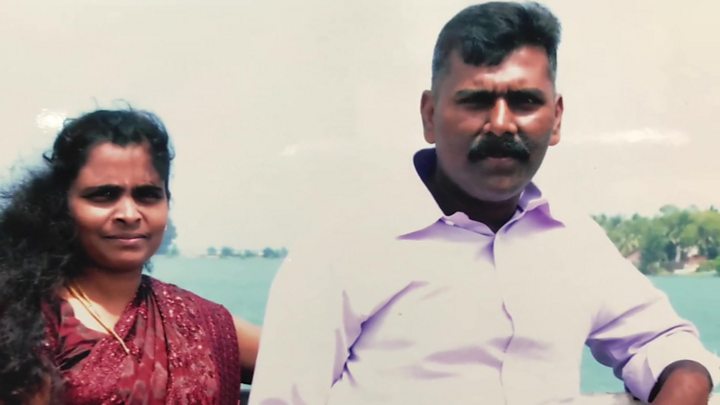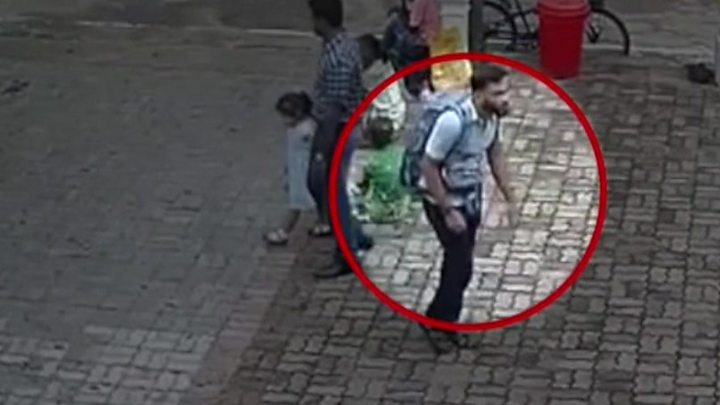Sri Lanka attacks: Government admits ‘major intelligence lapse’


Media playback is unsupported on your device
Sri Lanka has admitted a “major intelligence lapse” before the Easter Sunday bomb attacks which killed 359 people and wounded more than 500.
An Indian intelligence warning from the beginning of the month about planned attacks was not properly shared by the authorities, parliament heard.
President Maithripala Sirisena has moved to sack the defence secretary and inspector general of police.
Eight of the nine attackers have been identified as Sri Lankan citizens.
The government is investigating whether the Islamic State (IS) group was involved in the attacks which targeted churches and high-end hotels.
It has emerged that one of the attackers once studied in the UK and Australia before returning to Sri Lanka.
How did the authorities get it wrong?
“We have to take responsibility because unfortunately if the sharing of the intelligence information had been given to the right people, I think that at least this could have been avoided or even minimised,” said Deputy Defence Minister Ruwan Wijewardene.
Lakshman Kiriella, the leader of parliament, said senior officials had deliberately withheld intelligence about possible attacks.

Media playback is unsupported on your device
“Some top intelligence officials hid the intelligence information purposefully,” he told MPs.
“Information was there but the top brass security officials did not take appropriate actions.”
He said the Indian tip-off had been received on 4 April but, Reuters news agency says, both the president and Prime Minister Ranil Wickremesinghe reportedly did not receive it.
President Sirisena replaced Defence Secretary Hemasiri Fernando and took steps to sack the Inspector General of Police, Pujith Jayasundara.
What do we know about the attackers?
The whereabouts of Islamist preacher Zahran Hashim, who is suspected of being the bombers’ ringleader, remain unclear.
He appears in an IS video but police do not know whether he detonated one of the suicide bombs or is still at large.
His sister told the BBC: “I came to know about his actions only through the media. Even for a moment, I never thought that he would do such a thing.
“I strongly deplore what he has done. Even if he is my brother, I cannot accept this. I’m not worried about him anymore.”

Media playback is unsupported on your device
Most of the attackers were “well educated” and came from “middle or upper middle class” families, according to Mr Wijewardene.
One of the attackers, named as Abdul Latif Jamil Mohammed, had spent time studying in the UK.
A senior Whitehall official told the BBC that he visited south-east England in 2006-7 to study but did not complete a full university degree.
From privilege to terror
Analysis by the BBC’s Security Correspondent Frank Gardner
The announcement that most of the attackers were “well educated” and “middle class” is not as surprising as it sounds.
Although poverty and lack of opportunities have steered many down a path to terrorism, there are also numerous examples of individuals abandoning a relatively comfortable lifestyle for a violent cause.
Ziad Jarrah, one of the 9/11 attackers who hijacked United Airlines flight 93, came from a privileged Lebanese family. More recently, there have been cases of British jihadists who have worked for the NHS, including doctors.
The late IS executioner Mohammed Emwazi, aka “Jihadi John”, attended the University of Westminster in London. And the original co-founder of al-Qaeda, Osama Bin Laden, chose to leave behind a luxurious life in Jeddah to go and fight the Soviets in Afghanistan during the 1980s.
Sri Lanka’s government has blamed the blasts on local Islamist group National Thowheed Jamath (NTJ) but Mr Wickremesinghe said the attacks “could not have been done just locally”.
NTJ has no history of large-scale attacks but came to prominence last year when it was blamed for damaging Buddhist s
Read More



